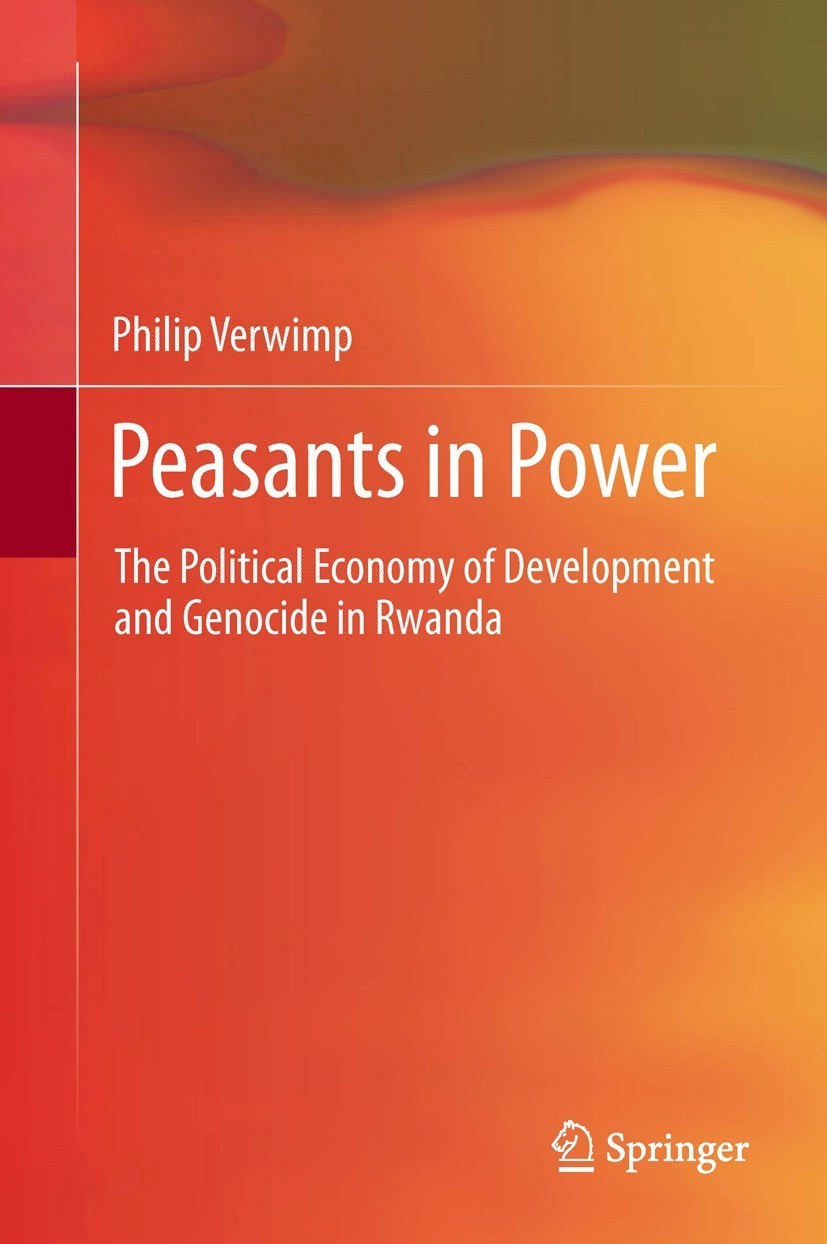| 书目名称 | Peasants in Power |
| 副标题 | The Political Econom |
| 编辑 | Philip Verwimp |
| 视频video | http://file.papertrans.cn/743/742903/742903.mp4 |
| 概述 | Offers a distinctive perspective on the origins of the Rwandan genocide.Provides a new way of understanding the nexus between development and genocide in Rwanda. |
| 图书封面 |  |
| 描述 | .This book shows how Rwanda’s development model and the organisation of genocide are two sides of the same coin. In the absence of mineral resources, the elite organised and managed the labour of peasant producers as efficient as possible. In order to stay in power and benefit from it, the presidential clan chose a development model that would not change the political status quo. When the latter was threatened, the elite invoked the preservation of group welfare of the Hutu, called for Hutu unity and solidarity and relied on the great mass (rubanda nyamwinshi) for the execution of the genocide. A strategy as simple as it is horrific. The genocide can be regarded as the ultimate act of self-preservation through annihilation under the veil of self-defense. .Why did tens of thousands of ordinary people massacred tens of thousands other ordinary people in Rwanda in 1994? What has agricultural policy and rural ideology to do with it? What was the role of the Akazu, the presidential clan around president Habyarimana? Did the civil war cause the genocide? And what insights can a political economy perspective offer ?.Based on more than ten years of research, and engaging with |
| 出版日期 | Book 2013 |
| 关键词 | Civil War in Rwanda; Development in Rwanda; Economic Analysis of Dictatorship; Fieldwork in Gitarama; Ge |
| 版次 | 1 |
| doi | https://doi.org/10.1007/978-94-007-6434-7 |
| isbn_softcover | 978-94-017-8164-0 |
| isbn_ebook | 978-94-007-6434-7 |
| copyright | Springer Science+Business Media Dordrecht 2013 |
 |Archiver|手机版|小黑屋|
派博传思国际
( 京公网安备110108008328)
GMT+8, 2026-2-9 08:03
|Archiver|手机版|小黑屋|
派博传思国际
( 京公网安备110108008328)
GMT+8, 2026-2-9 08:03


